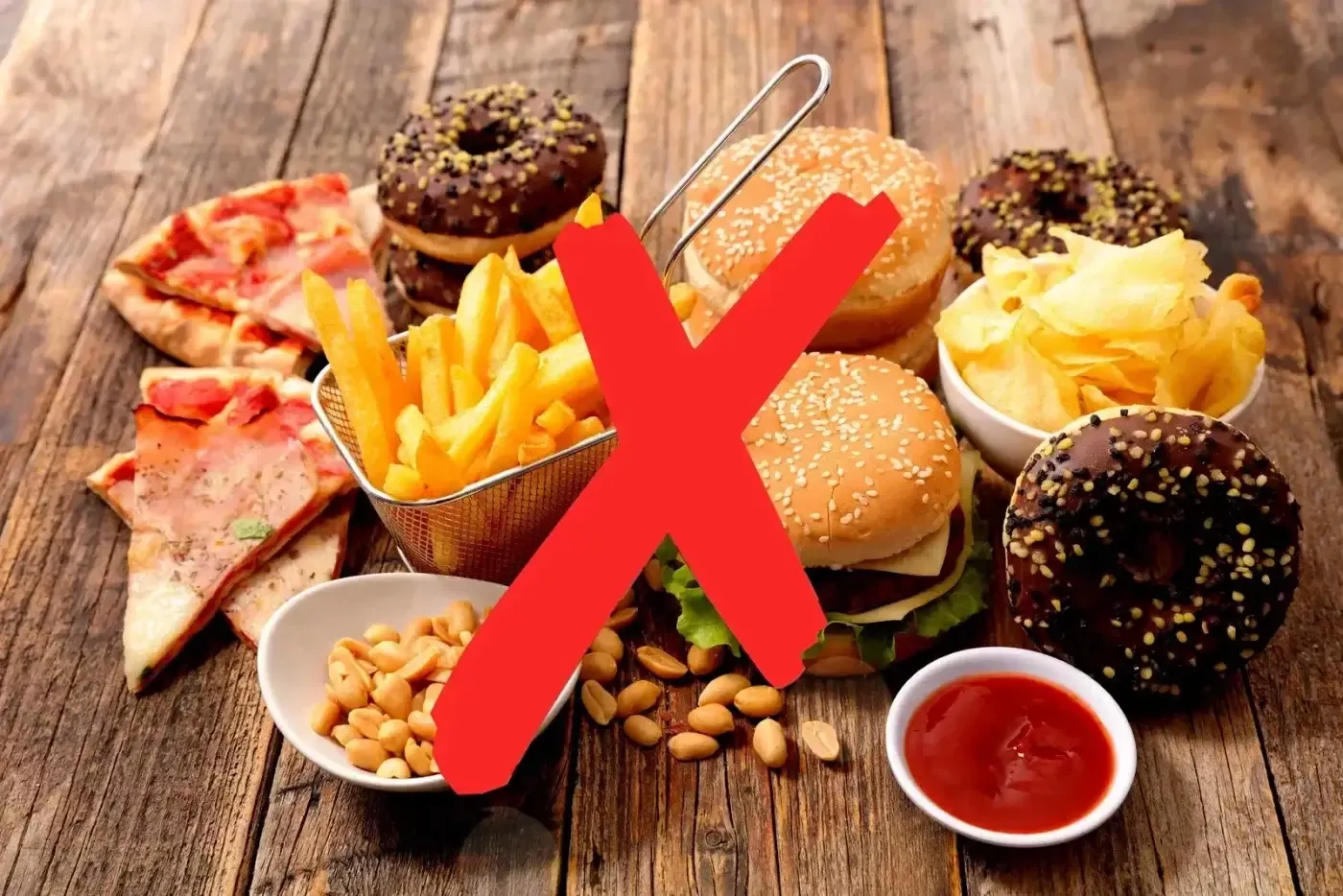
Fast food is one of the most popular foods among young people. Therefore, the market for "fast food," semi-finished products, French fries, chips, and various sweets is thriving.
According to analyses, they contain an excessive amount of trans fats. According to the World Health Organization's analysis, 5 billion people worldwide are unprotected from the harmful effects of these fats. This increases the risk of heart diseases and death.
Trans fats used in the preparation of such foods are responsible for the deaths of nearly 300,000 people worldwide each year.
So, what is the conclusion of medical professionals in this regard?
Trans fats are cheaper than beneficial fats for the body and have a number of chemical and physical properties, says Doctor of Medical Sciences, Professor Nizom Ermatov. For example, they remain solid at room temperature, making it convenient to add them to various processed food products.
They are considered industrially processed or naturally occurring unsaturated fatty acids. This product is found in margarine, vegetable oils, fried foods, and pastries, particularly in crackers, cookies, and pies. Additionally, they naturally occur in the meat and milk of ruminant animals. However, both types are harmful to health.
Fats serve as "building materials" for the formation of cell membranes and other biological structures. If they have an artificially synthesized trans form, they negatively affect the metabolic processes in the body.
Specifically, they increase the amount of harmful cholesterol in the body, meaning low-density lipoproteins form plaques on the walls of blood vessels, narrowing them. As a result, the process of blood circulation and supplying vital organs with blood is disrupted. Consequently, various dangerous diseases such as heart attacks, strokes, and pulmonary artery thromboembolism may arise.
Moreover, trans fats accelerate inflammatory processes and also increase the risk of developing diabetes and oncological diseases.
For this reason, the WHO recommends banning these types of fats or reducing them to 1 percent of daily energy intake. That is, if the daily diet is 2000 calories, the portion of trans fats should be 2.2 grams. However, today, some foods contain amounts of these fats that exceed the daily norm by 200 times.
Therefore, in such a situation, the best course of action is to completely eliminate the consumption of trans fats or to minimize their amount.
Ministry of Health
Press Service.
Press Service.




